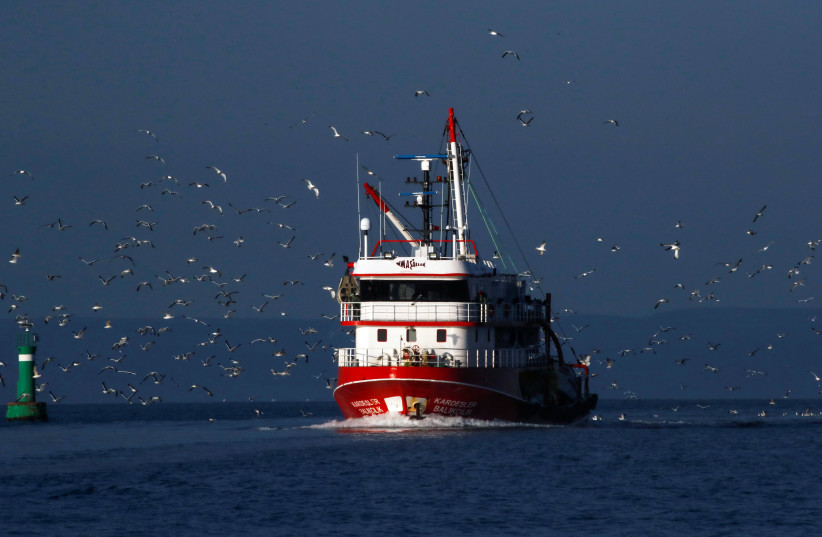New research from Ireland's University College Cork (UCC) found that Northern fulmar birds, a relative of the albatross, follow fishing vessels to find food, according to a study published in the peer-reviewed scientific journal Inter-Research Science Publisher.
An international team led by the SFI Research Centre for Energy, Climate and Marine hosted by UCC equipped seabirds with the latest tracking technology and found that fishing vessels help the birds find food. Further findings showed that roughly half of the fulmar birds tracked were following shipping vessels themselves and eating fishing waste thrown overboard.
Northern fulmars are a species with rapidly declining populations in Europe. Distribution of the birds around Irish and UK waters found that areas of the sea that fishing vessels frequent are also where fulmars naturally go to feed, making the new research vital in understanding their feeding patterns and risks to their delicate environment.
"Information about where sea birds go at sea is vital for making sure that new offshore developments, including wind farms, can be designed to do the least amount of harm,” said Jamie Darby from UCC’s Marine Ecology Group at MaREI and lead author of the study.

Ireland attracts fishing vessels from overseas due to its expansive fishing grounds. Wind farms are being promoted and developed across Ireland, though due to the islands and cliffs of Ireland being the habitat of 24 species of seabird, fishing practices and the planning of energy generators must be effective in order to protect the birds.
They (the fish) are sensitive to oil and plastic pollution; we accidentally catch them in commercial fishing gears; we've brought rats and other invasive species onto many of their breeding colonies over the last few centuries," explained Darby.
"Humans have given seabirds a lot to contend with,” Darby concluded.
